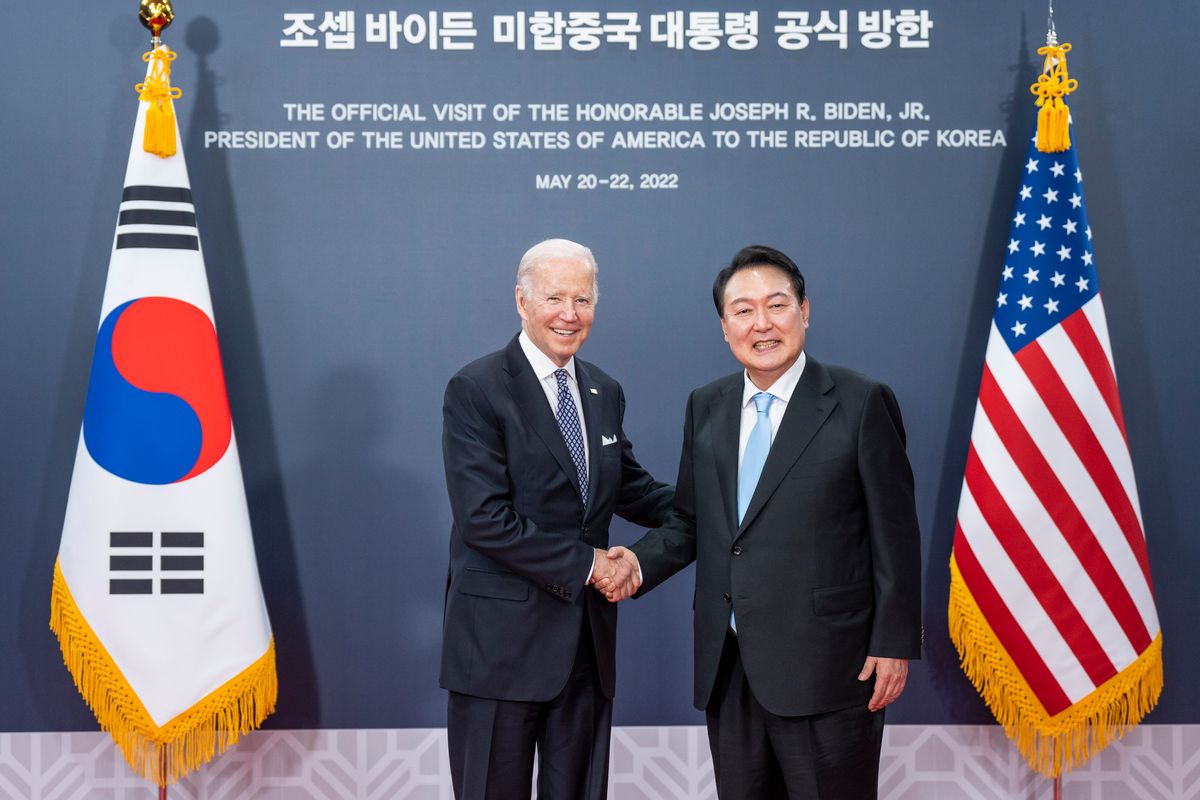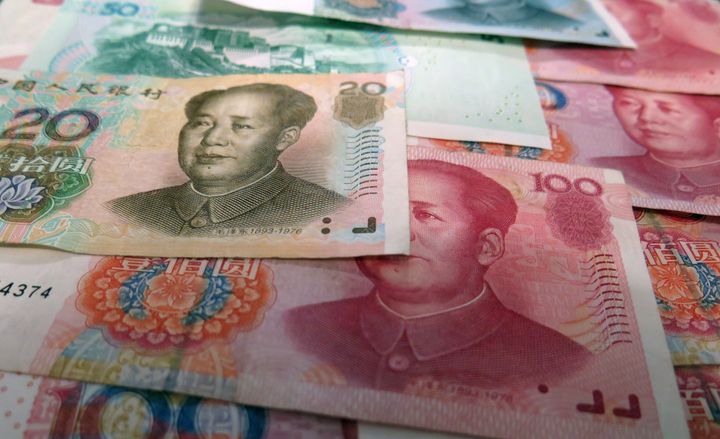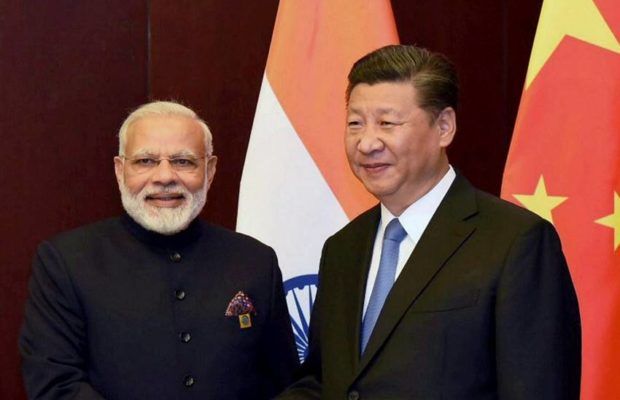K-Chip Act to Reinforce South Korea's Semiconductor Industry

The Lede: A South Korean ‘Chips Act’ is expected to boost the country’s semiconductor development and manufacturing capabilities as the technological competition between the U.S. and China brings volatility to the market.
What We Know:
- South Korea’s parliament has approved a bill known as the “K-Chips Act,” which would increase the tax credit to the country’s major semiconductor firms investing in manufacturing facilities from the current 8% up to 15%. Smaller and medium-sized firms would see their tax break go from 16% up to 25%. The legislation is expected to boost domestic investment for South Korean tech companies such as Samsung Electronics Co. and SK Hynix Inc.
- Lawmakers in both the conservative and progressive camps backed the bill, with 179 members voting in favor and 13 opposing it. About 40 lawmakers chose to forfeit their vote, while close to 70 did not participate. The president has indicated he will approve the bill.
The Background: South Korea has been aiming to maintain its position as a global semiconductor technology leader with the intention of challenging Taiwan in the business of making logic chips for export. Earlier in the month, President Yoon Suk Yeol announced a $422 billion investment plan into key industries including chips and electric vehicles as well as a hub dedicated to housing chipmaking plants. South Korea’s tech sector is a major driver of its trade-reliant economy. A slump in global semiconductor demand has put pressure on the economy as exports suffered. A U.S. ban on chip cooperation with China has also affected South Korean, as well as other international firms in the industry.
Likely Outcomes:
- As the U.S. seeks help from its global partners to impose curbs on the sale of advanced chip equipment to China to prevent the country’s technological development, this policy could be welcomed and may open the door for further cooperation between American technology firms as well as companies aligned with the west. It would be an avenue to enhance South Korea’s position as a U.S. ally.
- Despite South Korea’s alignment as a U.S. ally in Asia, China will also be observing closely as developments that create more competition with Taiwan’s chip industry could be an opening for their technological ambitions to acquire the most advanced semiconductors. U.S. restrictions on chip cooperation between allied countries and China would have to be clearly resolved and could hamper South Korea’s efforts to develop and profit from chips by trading with China in the future.
Quotables:
“The way in which the semiconductor industry has evolved over the past few decades has predicated on a relatively stable geopolitical order. Obviously, the ground realities have shifted.” - Sujai Shivakumar, Analyst at the Center for International and Strategic Studies
Good Reads:
South Korea to pass own ‘Chips Act’ to boost its semiconductor industry amid US-China friction (The Economic Times)
South Korea Passes Its ‘Chips Act’ Amid US-China Friction (Bloomberg)



